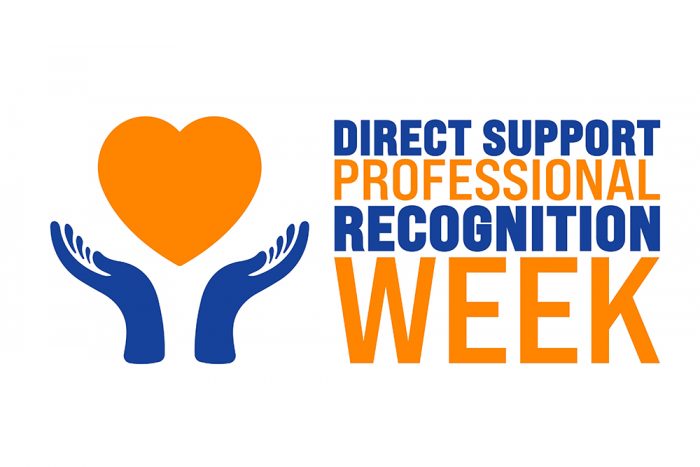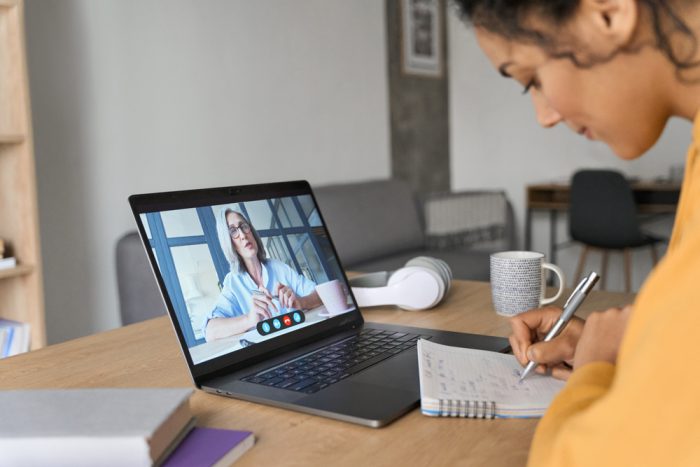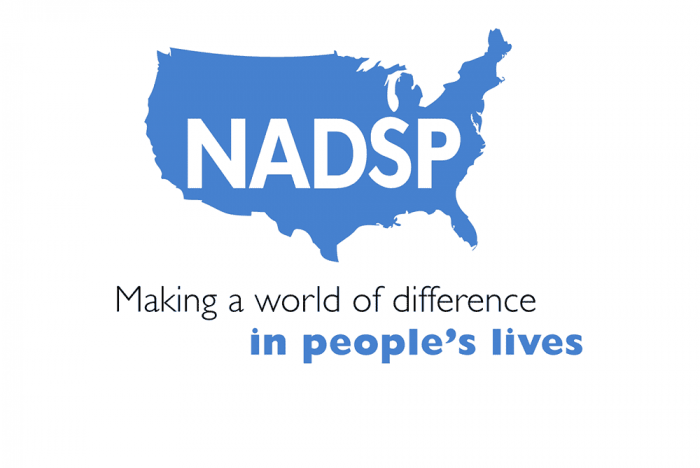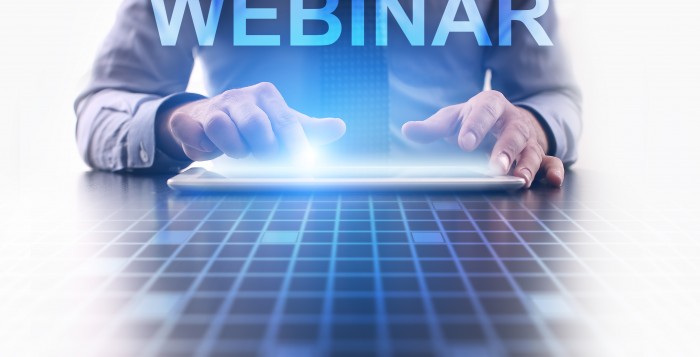DSP
Call for Participants in ODP Discussions on 1-Person Licensed Residential Homes
The Office of Developmental Programs (ODP) is hosting a series of discussion boards and focus groups focused on 1-person licensed residential homes. These sessions are designed to gather input from a variety of stakeholder perspectives, including providers, direct support professionals (DSP), family members, and self-advocates.
The discussion boards will be online forums open for 48 hours, allowing participants to log in and out at their convenience throughout the two-day period. Total participation time is expected to be about 2 – 3 hours, and the forums will be semi-anonymous (participants will be identified only by first name).
Focus groups will follow the discussion boards and will be scheduled at a later date.
How to Participate
Interested individuals should submit their name, agency, and contact information to Tim Sohosky no later than October 20, 2025. Agencies may designate representatives for more than one stakeholder group.
Stakeholder Groups & Dates
Provider Group
Discussion Board Dates: December 1 – 2, 2025
ODP seeks provider representatives who can share insights on:
- Factors contributing to individuals being supported in 1-person licensed homes;
- Approaches to successfully supporting individuals with significant behavioral needs in 2+ person homes;
- Successes and challenges in managing 1-person homes; and
- Strategies for introducing roommates and supporting transitions to multi-person homes.
ODP aims for balanced representation across agency roles (program, executive, clinical), geographic regions (urban/rural), and provider size (small, medium, large).
DSP Group
Discussion Board Dates: December 4 – 5, 2025
ODP is seeking DSPs who:
- Support individuals in 1-person homes and can speak to their experiences, successes, and challenges;
- Have helped individuals transition from 1-person to 2+ person homes; and
- Support individuals with significant behavioral support needs in 2+ person homes.
Family Group
Discussion Board Dates: December 11 – 12, 2025
ODP is seeking family members who have a loved one living in a 1-person licensed home and are willing to share their perspectives and experiences.
Self-Advocate Group
Focus Group (Virtual): Date TBD
ODP is seeking self-advocates who:
- Currently live in a 1-person licensed home, OR
- Have transitioned into or out of a 1-person home from a 2+ person setting.
For questions or to submit interest, please contact Tim Sohosky by October 20, 2025.
Virtual Autism Training Opportunity Announced for DSPs and Front Line Supervisors
Topic: Autism Spectrum Disorders (ASDs) — An Overview and Practical Application
Note: This training satisfies the basic autism training requirement for Residential Performance-Based Contracting (PBC). Please see more details below on Continuing Education (CE) Credits. This training is an approved alternative to the SPeCTRUM offered on MyODP.
Over the years, the prevalence of autism has increased, Pennsylvania’s service delivery system for individuals with autism has expanded, and best practices to provide quality supports have emerged. To support the individual needs of each person with autism across the lifespan, an understanding of core characteristics must be established. It is also important to learn how the individual’s presentation of autism may change across settings and situations. This training will provide attendees with an in-depth presentation on core characteristics of autism and the impact of the characteristics on daily life, routines, and activities. A review of common terms and basic principles used to change behavior, teach new skills, and develop practical application of best practices will be included. Opportunity for discussion and engagement will occur throughout the training in the virtual setting.
Who should attend?
- Direct Support Professionals, Front Line Supervisors, and Program Managers supporting individuals with autism in residential and other home and community-based settings.
- Professionals supporting individuals in the Adult Autism Waiver (AAW), Adult Community Autism Program (ACAP), Consolidated Person/Family-Directed Support (P/FDS), and Community Living waivers are encouraged to attend.
Where and when will sessions be held?
You must register separately for each session.
Continuing Education Units (CEU):
This training satisfies the basic autism training requirement for Residential Performance-Based Contracting measures CN-DD/Bx.01.1S and CN-DD/Bx.01.1CE for all Direct Support Professionals (DSP), Frontline Supervisors (FLS), and program managers. This training also fulfills 6100 ongoing training requirements.
To receive a training certificate, attendees must attend both virtual sessions.
Please contact the Bureau of Supports for Autism and Special Populations (BSASP) Training inbox with questions.
Governor Shapiro Proclaims October 2025 as National Disability Employment Awareness Month (NDEAM)
DSP Magnet – How to Create a First Day That Makes DSPs Stay
DSP Magnet has shared a free training resource to help employers create a first day experience that will make DSPs want to stay with your organization. This short video will offer providers tips on:
- How to connect before the first day;
- Why the first 30 minutes matter;
- Using engaging onboarding and training strategies; and
- Illustrating how to solicit feedback on the employee’s first day experience.
Members can access the free video resource here.
Governor Shapiro Proclaims Sept. 7 – 13 as Direct Support Professionals Week

FREE Workshop: How to Reignite Your Spark When You’re Overwhelmed
In the last few months, have you thought about leaving the disabilities field?
(You are not alone.)
It’s hard to know what to change when you are feeling overwhelmed and stuck.
This field has turned into a pressure cooker. There’s…
- Pressure to ensure individuals are safe.
- Pressure to juggle staffing coverage when you’re short.
- Pressure from having to add one more thing to do with every phone call, text message, and email.
- Pressure with this week’s unexpected emergencies.
- Pressure from constantly fighting fires.
How do you keep going when you are exhausted and wondering why you still do this?
If all of this feels far too familiar, this workshop is for you.
This workshop from DSP Magnet is free and will help you…
- Feel less alone.
- Reignite that spark and passion for this work.
- Bring some fun back to work.
Apply for a FREE spot in this workshop here!
Applications are due Wednesday, September 24, 2025, by 8:00 pm EST. Completing the application does NOT guarantee a spot in the workshop.
Workshop Details:
Wednesday, October 1
2:00 pm – 3:30 pm EST
Presented by Scott de Fasselle of DSP Magnet
Will be hosted on Zoom (link to be provided upon acceptance)
You can contact Scott via email if you have any questions.
DHS Invites You to Learn About the National Alliance for Direct Support Professionals
Attention all Executive Leads and Credentialing Leads not currently enrolled with National Alliance for Direct Support Professionals (NADSP)!
Interested in learning more about NADSP? Then this meeting is for you!
The Office of Developmental Programs (ODP), in conjunction with the National Alliance for Direct Support Professionals (NADSP), meets monthly to discuss issues, provide support, and allow for PA Local Administrators to gain assistance from one another while navigating the NADSP process. Join Shauna Blee of ODP, Dan Hermreck of NADSP, and other PA Local Admins to gather more information!
NADSP Region Work Group
These work group meetings are held monthly on Teams. You can join by your region or at the meeting time that works best for your schedule. Below are the links for each region.
Central Region:
Fourth Tuesday of the month, 2:00 pm – 2:30 pm
(Starting September 23)
Teams Meeting ID: 286 161 118 136 Passcode: oTdFRx
Or by phone: +1 267-332-8737 Phone conference ID: 607 776 646#
Southeast Region:
Third Wednesday of the month, 10:15 am – 10:45 am
(Starting September 17)
Teams Meeting ID: 242 883 857 637 Passcode: cGHrGc
Or by phone: +1 267-332-8737 Phone conference ID: 190 449 027#
Northeast Region:
Fourth Wednesday of the month, 2:00 pm – 2:30 pm
(Starting September 24)
Teams Meeting ID: 214 554 253 188 Passcode: qvyY8D
Or by phone: +1 267-332-8737 Phone conference ID: 133 202 186#
Western Region:
Second Thursday of the month, 2:00 pm – 2:30 pm
(Starting September 11)
Teams Meeting ID: 210 442 181 474 Passcode: f6RU3u
Or by phone: +1 267-332-8737 Phone conference ID: 671 818 960#
Western Region:
Third Friday of the month, 1:00 pm – 1:30 pm
(Starting September 19)
Teams Meeting ID: 263 772 563 305 Passcode: LsChA2
or by phone: +1 267-332-8737 Phone conference ID: 452 857 919#
Need assistance joining the meetings or have questions? Email Shauna Blee.














